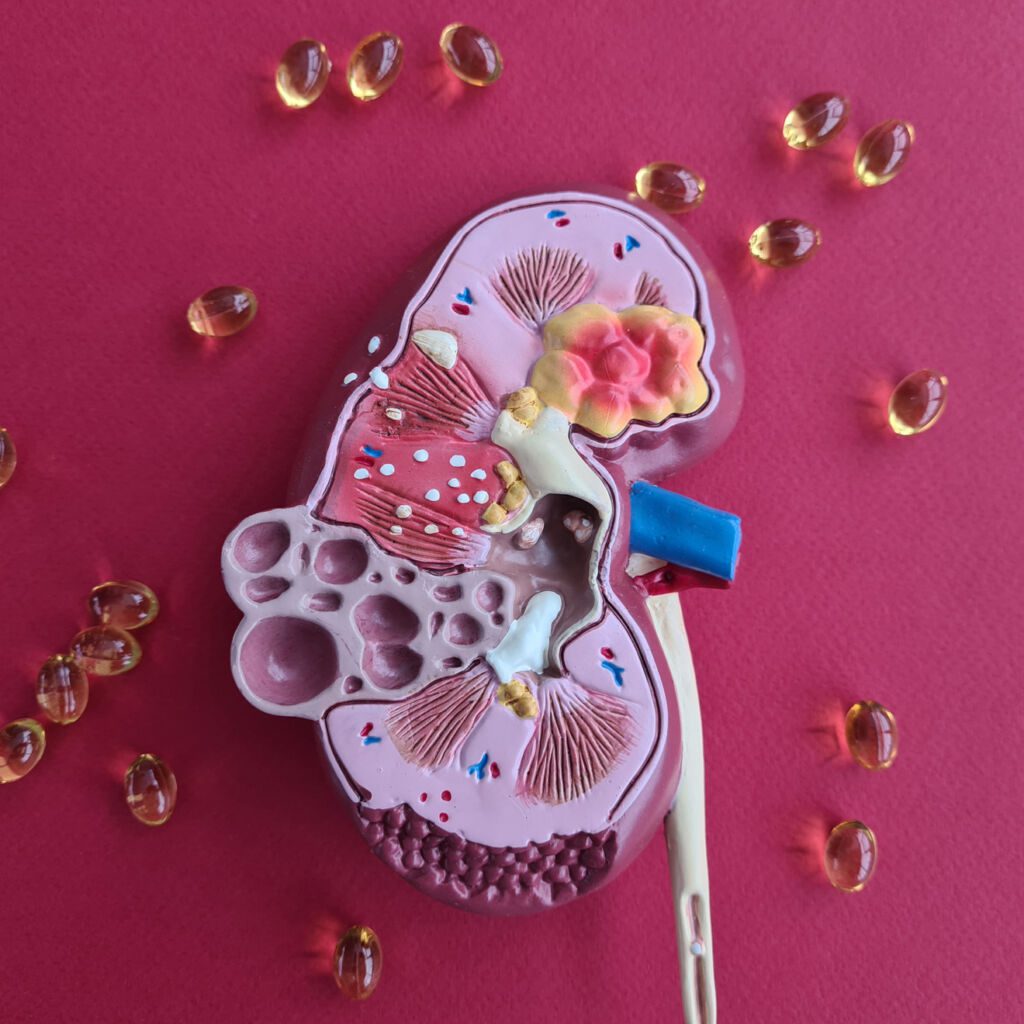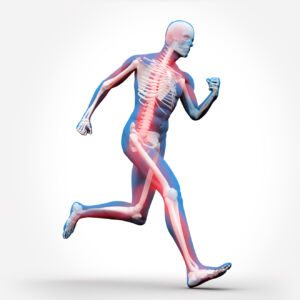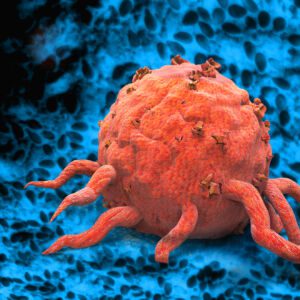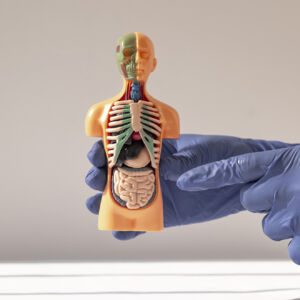Our medical-surgical urology unit treats diseases of the urinary tract in both women and men. It also covers the male genital and reproductive system (prostate, penis, testicles).
This speciality is dedicated to the diagnosis and treatment of various pathologies such as urinary tract infections, kidney stones or tumours.
Our teams and integrated services provide full support to our patients: General and Endocrine Surgery, Nephrology, Urology and Andrology, Medical-Surgical Outpatient Centre, Endocrinology, Diabetology, Metabolic Diseases and Nutrition.

The Medical-Surgical Department of Urology, which brings together the specialities involved in diagnosis (patient’s history, clinical history, palpatory examination), biological examination (ECBU, etc.) or imaging (ultrasound, endoscopy, radiography) and treatment of diseases with drugs or surgery (using less invasive techniques such as laparoscopy).
A latest-generation holmium laser for the treatment of lithiasis.
The Urology Medical and Surgical Unit supports the following treatments: Treatment of congenital disorders, diseases of the penis and testicles, endoscopy, laser treatment…, treatment of male and female urinary tract tumours, diseases of the prostate, urothelial diseases, lithiasis, male infertility (sterility), varicocele.
You ask, our teams answer.
F.A.Q
Urology is the medical speciality that deals with the male urinary and reproductive systems (including the male genitals, sperm, testes, penis and prostate). It is also concerned with promoting male sexual health.
The medical-surgical urology unit is a specialised area of our Mediterranean Clinic, where patients receive care that requires specific equipment or skills. Urology patients may be undergoing surgery, chemotherapy or radiotherapy, or simply being monitored for a chronic disease such as kidney disease or prostate cancer.
Lithiasis is a disease characterised by an abnormal accumulation of salts and minerals in the tissues, organs and spaces of the body. It can be caused by hypercalcaemia, hyperphosphataemia or hyperoxaluria.
There are two types of lithiasis (treated in our medical-surgical urology department):
- Lithiasis with calcium phosphate crystal deposition (present in the urine)
- Lithiasis with calcium oxalate crystal deposition (in the kidneys).
The main types of lithiasis are:
– Urolithiasis – kidney stones.
– Nephrolithiasis – kidney stones.
– Ureteroolithiasis – stone formation in the ureter.
– Cystolithiasis – stone formation in the bladder.
– Staghorn stones and renal colic
Congenital diseases (treated in our medical-surgical urology unit) are present at birth but can affect people of all ages. Many of these conditions are genetic. Others are caused by environmental factors and can develop over time. Congenital conditions can be caused by exposure to chemicals, drugs or radiation during pregnancy. They can also be inherited from one parent through a defective gene or chromosomes.
One example is congenital heart disease. The heart is the organ that pumps blood around the body. If it does not work properly, this can have serious consequences for the health of the unborn baby. Other common congenital conditions include cleft lip and palate, spina bifida and Down’s syndrome (trisomy 21).
Prostate disorders (treated in our medical-surgical urology unit) are a group of conditions that affect the prostate gland, which is located under the bladder and surrounds part of the urethra, the tube that carries urine out of the body.
The prostate is about the size of a nut and surrounds part of the urethra. It produces a fluid that gives the sperm some of its volume. This fluid also contains a substance called prostate-specific antigen (PSA), which can be measured in blood tests to help detect prostate cancer.
Prostate cancer is one of the most common cancers in men, but it often develops slowly and causes symptoms only when it has spread to other parts of the body.
Other types of prostate disease include benign prostatic hyperplasia (BPH), or an enlarged prostate. This condition usually causes urinary problems such as frequent urination, small amounts of urine and difficulty starting the urine flow.
Male infertility (treated in our medical-surgical urology unit) is a condition in which a man is unable to fertilise a woman. It is most commonly due to problems with sperm production, but can also be caused by physical problems, hormonal imbalances and other factors.
Male infertility has many possible causes, including:
– Sperm dysfunction – A problem with how sperm move or swim through the penis and urethra (the tube that carries urine from the bladder to the outside of the body) can prevent fertilisation. Some men who have no sperm in their semen may still be able to conceive using IVF.
– Infection – Sexually transmitted infections such as chlamydia and gonorrhoea can cause infertility in men. These infections can cause scarring in the reproductive organs, preventing them from functioning properly.
– Chemotherapy or radiotherapy – Chemotherapy and radiotherapy for cancer can damage sperm-producing cells in the testicles. These treatments are often given before surgery or other treatments that could affect fertility.
– Hormonal imbalances – Hormonal imbalances, such as low testosterone, can cause male infertility by reducing the production of healthy sperm or interfering with their ability to move effectively through the reproductive system.







